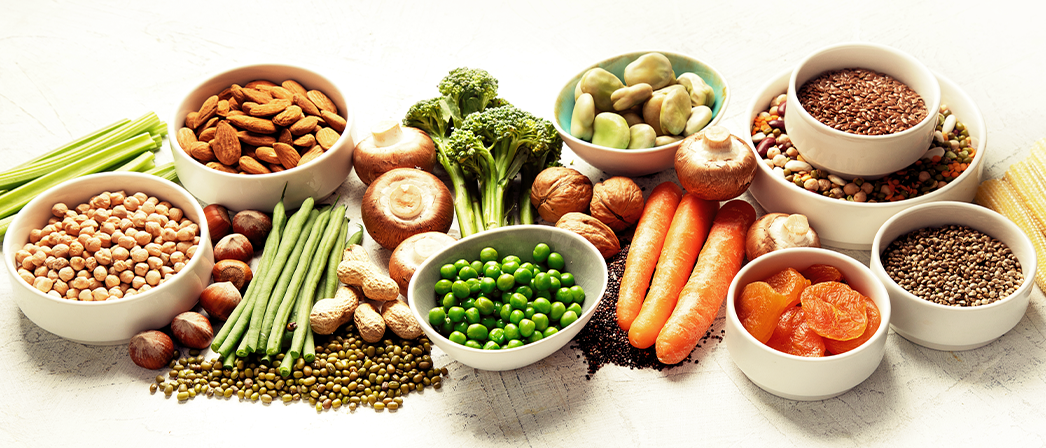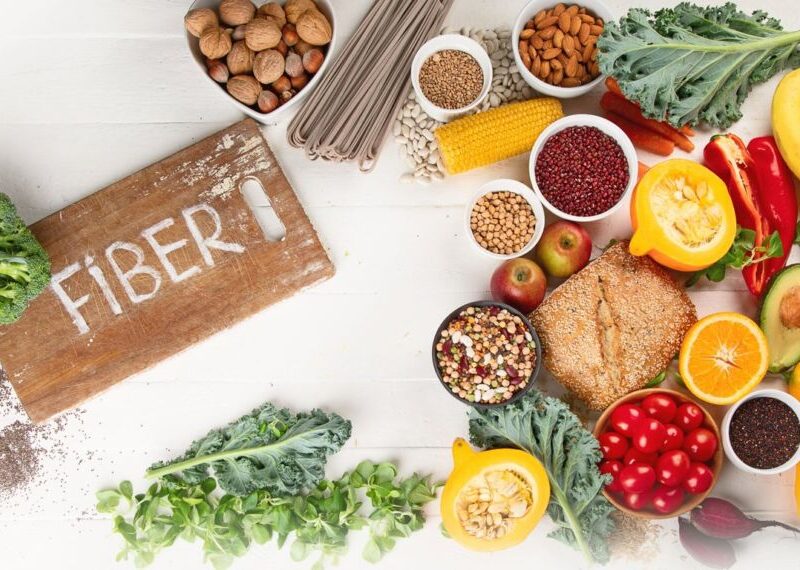It is Important to consume fiber.
Undigested food ends up in the colon, where friendly gut bacteria feed.
Fiber may also reduce blood sugar levels, ease constipation, and promote weight loss.
For every 1,000 calories you consume, you should consume 14 grams of fiber. For women, this means 24 grams and for men, 38 grams.
The recommended daily fiber intake is not met by 95% of U.S. residents. They consume 16.2 grams of fiber daily
Incorporating high-fiber foods into your diet is a relatively simple way to increase fiber consumption.

Fiber – what is it?
Fiber is a general term for carbohydrates that cannot be digested by the body. Even though fiber is not used as fuel by your body, it still has numerous health benefits.
You can benefit from dietary fiber in the following ways:
-
Lowering cholesterol levels: As fiber passes through the digestive tract, it reduces the body’s ability to absorb cholesterol. Taking statins and using fiber supplements like psyllium fiber can reduce cholesterol, especially if you take statins.
-
Weight management: Fiber-rich fruits and vegetables usually have fewer calories. In addition, fiber helps you feel full for a longer period of time by slowing digestion in the stomach.
-
Enhancing the digestive tract’s bulk: It may be beneficial to add fiber to your diet if you suffer from constipation or sluggish digestion. Because fiber does not break down in your body, it naturally adds bulk to your digestive tract. The intestines are stimulated by this.
-
Controlling sugar levels in the blood: High-fiber foods can take longer to digest. With this method, your blood sugar levels remain more consistent, which is particularly helpful for diabetics.
-
Lowering the risk of gastrointestinal cancer: Some cancer types, including colon cancer, can be prevented by eating enough fiber. One of the reasons for this is that some forms of fiber, like pectin found in apples, are antioxidants.
![]()
The benefits of fiber are numerous. However, fiber-containing foods must be gradually incorporated over some days to prevent adverse effects, like gas and bloating.
You may also be able to avoid these symptoms by drinking plenty of water and increasing your fiber intake.
